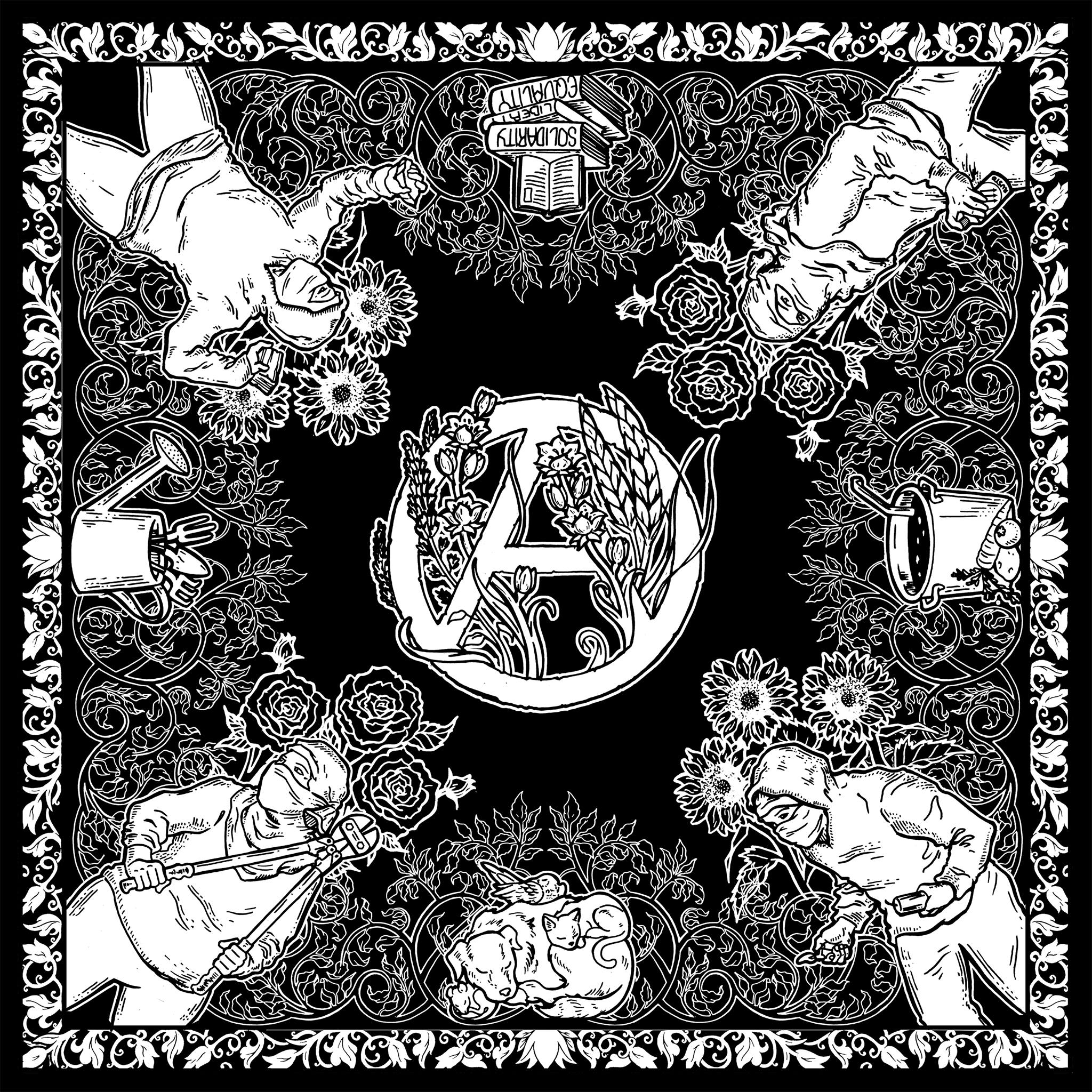WHAT IS ALREADY KNOWN ON THIS TOPIC
The devastating impact of contemporary zoonotic spillover-driven epidemics, such as COVID, on human health and livelihoods has highlighted the need to better understand trends in infectious disease spillover.
Although the frequency of spillover-driven epidemics is predicted to increase as a result of human-driven climate and environmental change, the magnitude of its implications for global health in the future is difficult to characterise given the limited empirical data on the frequency of zoonotic spillover, and its variability over time.
WHAT THIS STUDY ADDS
This study draws on an extensive epidemiological database to examine a specific subset of zoonotic spillover events for trends in the frequency and severity of outbreaks.
We find the number of outbreaks and deaths caused collectively by this subset of pathogens (SARS Coronavirus 1, Filoviruses, Machupo virus, and Nipah virus) have been increasing at an exponential rate from 1963 to 2019.
If the trend observed in this study continues, we would expect these pathogens to cause four times the number of spillover events and 12 times the number of deaths in 2050, compared with 2020.
HOW THIS STUDY MIGHT AFFECT RESEARCH, PRACTICE OR POLICY
This study suggests the series of recent impactful spillover-driven epidemics are not random anomalies, but follow a multi-decade trend in which epidemics have become both larger and more frequent.
These findings provide additional evidence that concerted global efforts to improve our capacity to prevent and contain outbreaks are urgently needed to address this large and growing risk to global health.
Zoonotic viral pathogens cause most modern epidemics,1 as they jump from wildlife or domesticated animals to humans through hunting, habitat encroachment, and intensive livestock farming2–4 among other activities.

